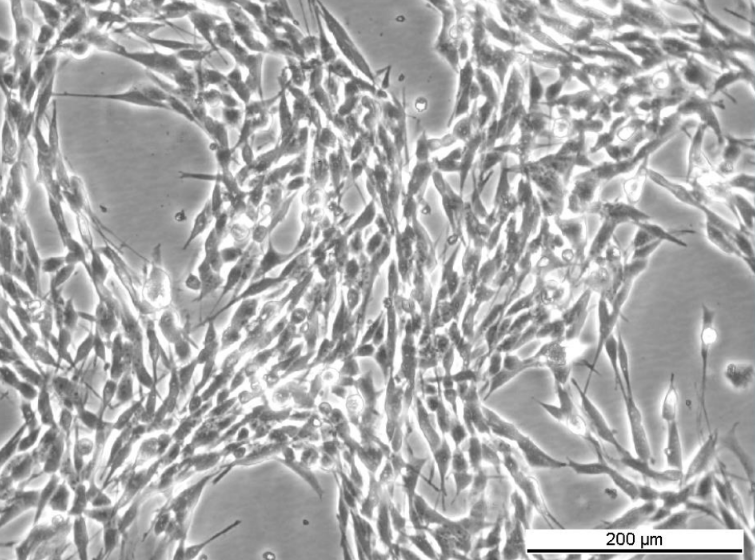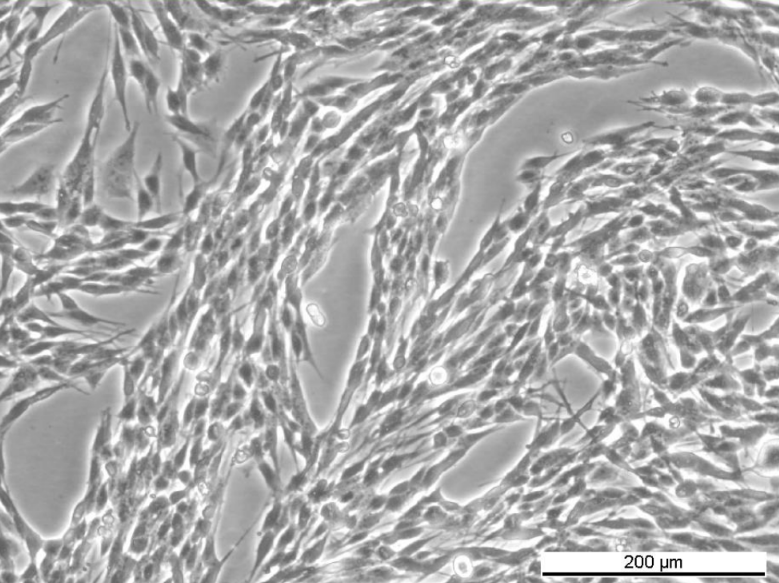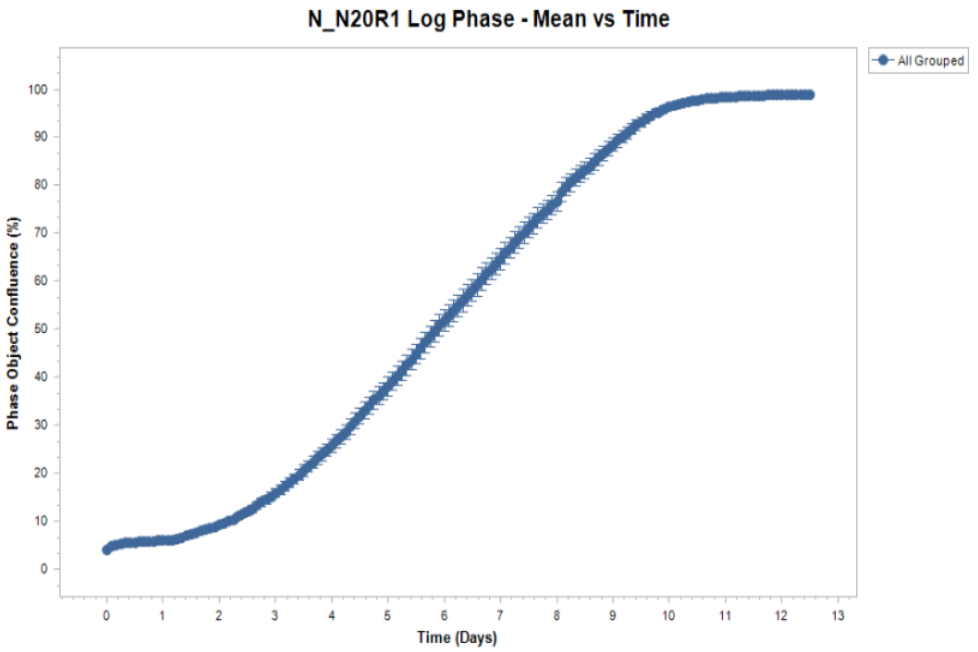Cat. #152840
N_N20R1 Cell Line
Cat. #: 152840
Sub-type: Continuous
Unit size: 1x10^6 cells / vial
Availability: 8-10 weeks
Organism: Human
Tissue: Lung
Disease: Cancer
Model: Cancer Model
£575.00
This fee is applicable only for non-profit organisations. If you are a for-profit organisation or a researcher working on commercially-sponsored academic research, you will need to contact our licensing team for a commercial use license.
Contributor
Inventor: John Lunec
Institute: Newcastle University
Tool Details
*FOR RESEARCH USE ONLY (for other uses, please contact the licensing team)
- Name: N_N20R1 Cell Line
- Cancer: Neurological cancer
- Cancers detailed: Neuroblastoma
- Research fields: Apoptosis and autophagy;Cancer;Cell biology;Drug development;Genetics
- Tool sub type: Continuous
- Parental cell: NGP
- Organism: Human
- Tissue: Lung
- Disease: Cancer
- Model: Cancer Model
- Conditional: No
- Description: To determine how resistance to MDM2/p53 binding antagonists might develop, NGP cells were exposed to growth inhibitory concentrations of a MDM2 inhibitor, Nutlin-3, and a clonal resistant cell line was generated. The p53 mediated responses of the parental and resistant cell line were compared. In contrast to the parental cell lines, p53 activation by Nutlin-3, MI-63 or ionizing radiation was not observed in the NGP derived cell line, N_N20R1.
- Production details: Resistant cell lines were established by exposing NGP cells to Nutlin-3. Single cell derived colonies were isolated with cloning cylinders and the clonal population expanded in culture medium containing the MDM2/p53 antagonist refreshed weekly for 60 days. Stage 1 resistant clones were then further exposed to increased concentrations of Nutlin-3 for 30 days to generate stage 2 resistant clones.
- Biosafety level: 1
Handling
- Format: Frozen
- Unit size: 1x10^6 cells / vial
- Shipping conditions: Dry ice
- Storage conditions: Liquid Nitrogen
- Mycoplasma free: Yes
References
- TP53 mutant MDM2-amplified cell lines selected for resistance to MDM2-p53 binding antagonists retain sensitivity to ionizing radiation.
- Drummond et al. 2016. Oncotarget. :. PMID: 27323823.







